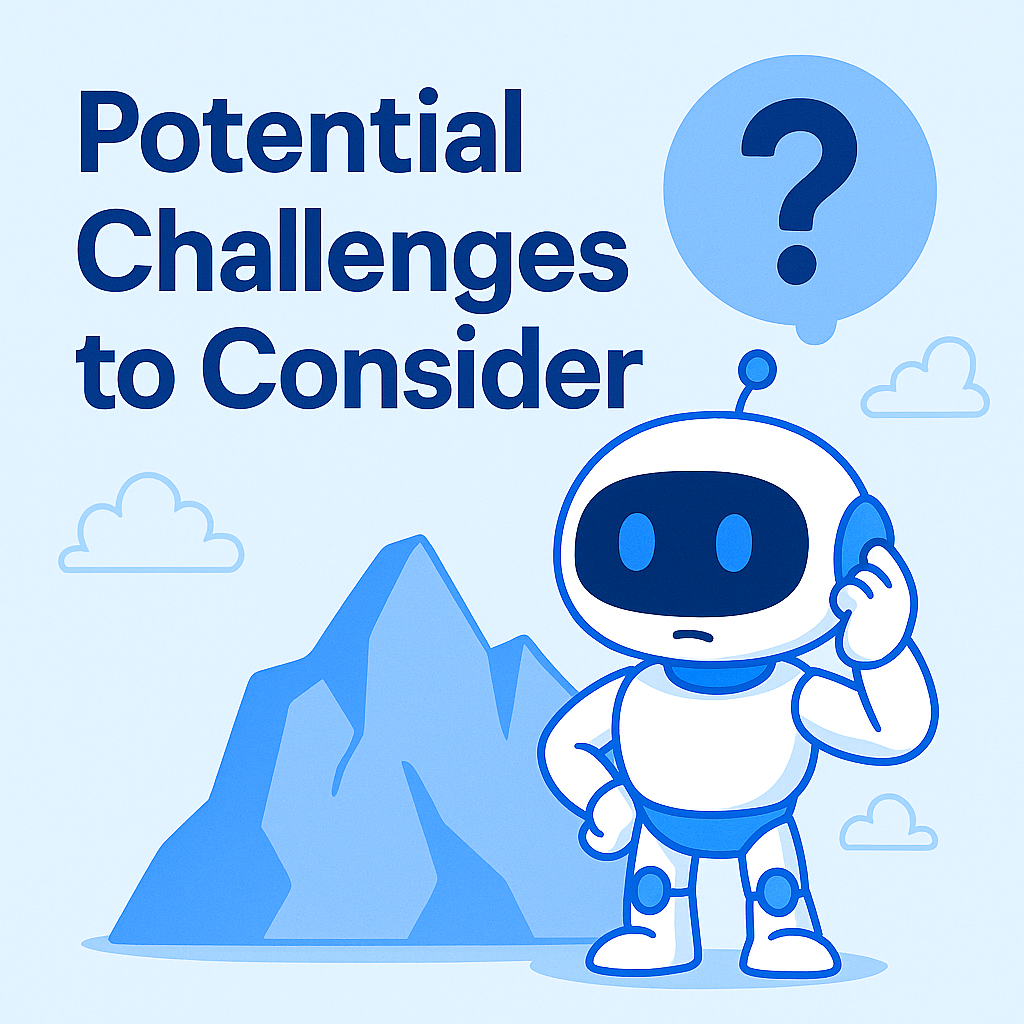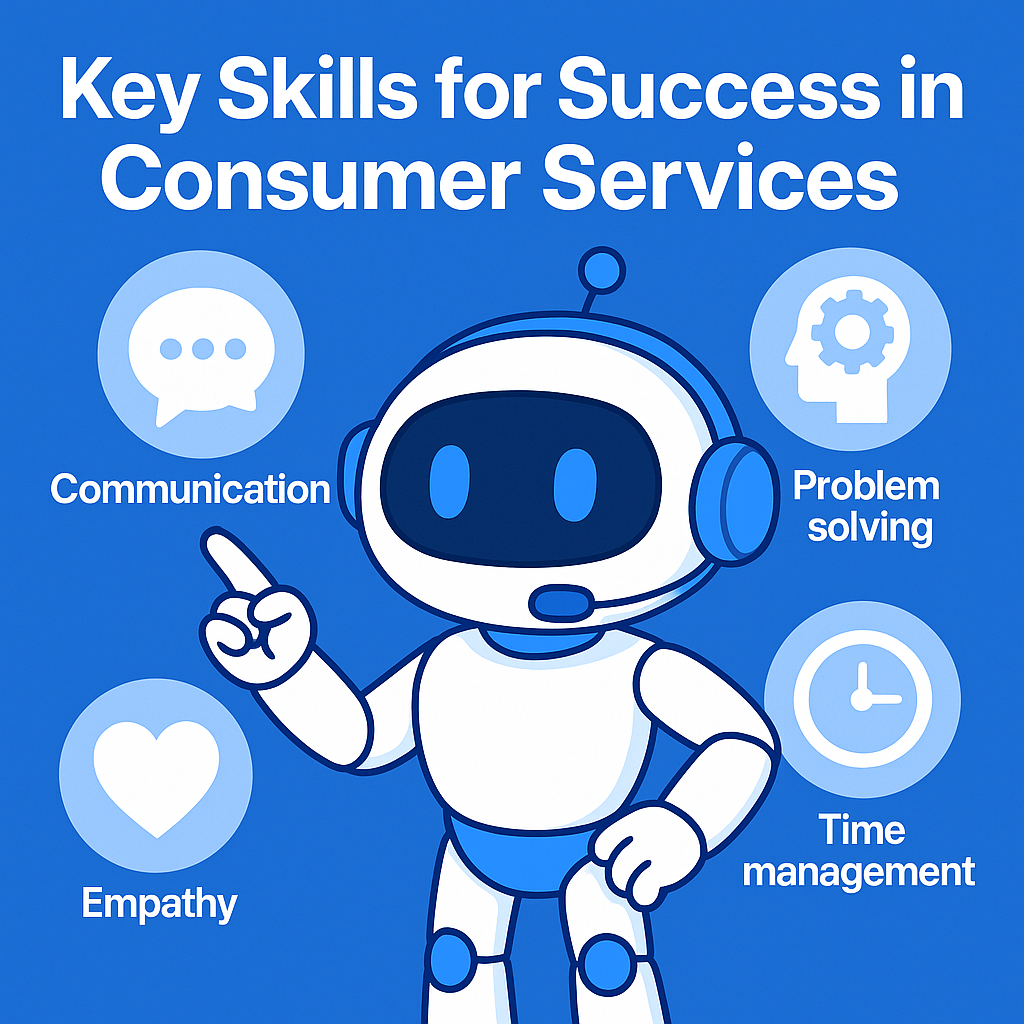
The U.S. Bureau of Labor Statistics predicts an 11% job growth in this sector by 2026—nearly double the national average. With roles in healthcare, hospitality, and tech support driving demand, professionals in this field earn $63,795 annually, surpassing the median U.S. income.
Unlike automation-threatened industries, careers here thrive on human interaction. From patient care to guest relations, these roles require skills machines can’t replicate. The stability makes it a compelling choice for long-term growth.
Tools like GrooveCV help job seekers stand out in this competitive market. A polished resume highlights the adaptability and problem-solving abilities employers value most.
Every day, businesses help people solve problems and improve their lives. This field focuses on delivering value through direct support rather than physical products. Experts define it as "efforts to meet consumer needs through support for end users."
Unlike manufacturing or software development, success here depends on human connection. Professionals assess needs, design solutions, and maintain trust. The work spans multiple industries, each with unique demands.
Many confuse these terms, but key distinctions exist:
For example, Best Buy’s Geek Squad provides tech support beyond basic troubleshooting. Cloud platforms like Talkdesk enable companies to manage complex user relationships at scale.
Opportunities exist across diverse fields:
Each area requires specialized knowledge but shares core principles. Professionals must listen actively, adapt quickly, and resolve issues efficiently.
Recent economic shifts highlight growing opportunities in people-focused fields. The Bureau of Labor Statistics (BLS) projects an 11% expansion through 2026, with 2024 adjustments showing even stronger gains in select areas.
https://www.youtube.com/watch?v=Phywuhe8Sww
Healthcare leads demand with a 27% surge due to aging populations. Hospitality rebounded post-pandemic, adding 15% more roles. Remote work infrastructure fuels tech support roles, now growing at 18% annually.
Three high-growth areas stand out:
Top employers like UnitedHealth Group and Amazon Web Services dominate hiring. Urban markets offer more roles, but rural areas face shortages in healthcare and education support.
High-demand roles in this field combine financial rewards with job security. Professionals gain adaptable expertise valued across healthcare, tech, and hospitality. Over 78% of customer experience managers earn $90K+, with 65% of employers funding further education.
Five core abilities open doors to advancement:
SkillHigh-Demand IndustriesSalary PremiumCRM ProficiencyTech Support, Financial Services+22%Multilingual CommunicationHospitality, Healthcare+18%Data AnalysisConsulting, Retail+15%
Layoff rates run 43% lower than manufacturing sectors. Supervisory promotions typically occur within 18–24 months. Major employers cover certification costs—89% fund credentials like CCXP or ITIL.
Hybrid work options exist in 61% of roles, balancing on-site and remote tasks. This flexibility suits caregivers and students pursuing advanced degrees.

Navigating a people-focused profession brings unique rewards—and hurdles. While job stability and growth are compelling, roles demand resilience. Understanding these realities helps professionals thrive long-term.
Nearly 58% of reps manage 50+ escalated cases weekly. High-pressure interactions test patience, especially in healthcare or retail. Proper coaching transforms outcomes—89% of teams improve with de-escalation training.
Top employers combat stress with:
Entry-level roles often require non-traditional hours. Data reveals:
RequirementIndustryPercentageWeekend shiftsRetail, Hospitality42%Holiday availabilityHospitality73%
Pay scales vary widely. A $34K starting wage jumps to $118K for senior CX managers. Turnover hits 33% annually, often due to burnout. Companies like Hilton now offer:
"Sustainable careers here require boundaries. Track your hours, use vacation days, and speak up about workload."
—Maya Chen, CX Director at Kaiser Permanente
Choosing a profession in this field depends on personal strengths and professional aspirations. While opportunities abound, success hinges on specific traits and long-term alignment with industry demands.
Hiring managers prioritize emotional intelligence—92% value it over technical expertise. Five characteristics define top performers:
Ask these questions to gauge compatibility:
TraitCareer ImpactDevelopment TipPatienceReduces burnout rates by 41%Practice mindfulness techniquesAdaptabilityIncreases promotion eligibility by 63%Take cross-departmental trainingResilienceCuts turnover risk by 55%Track small wins in a journal
Typical progression spans 6–8 years:
Certifications like CCXP boost earnings 18% faster than degrees alone. Platforms like GrooveCV highlight these credentials, accelerating advancement through AI-optimized resumes.
"Your ability to connect with people determines your ceiling here. Technical skills are teachable—empathy isn’t."
—David Ruiz, SVP of Customer Experience at Marriott
Six-figure salaries are achievable with the right expertise in customer-facing industries. Management and technical specializations dominate the top tier, offering stability and growth beyond median wages.
Leadership positions reward experience with significant pay bumps. The top 5 highest-paying roles include:
IT roles blend problem-solving with premium pay. Key differences emerge across industries:
RoleIndustryAvg. SalaryCertificationIT Support EngineerTech$112KAWS CertifiedClinical Systems AnalystHealthcare$89KEpic EMR
Promotion to six-figure positions typically takes 3–5 years. Tools like GrooveCV highlight certifications and leadership wins, accelerating applications for these competitive roles.
"Technical skills get you in the door, but soft skills secure the corner office."
—Lisa Tran, VP of Operations at Sutter Health
Many rewarding careers begin without formal degrees, especially in people-focused industries. Nearly 79% of customer service roles require only a high school diploma, offering immediate earning potential. These positions provide on-the-job training while building transferable skills.
Seven accessible entry points exist for job seekers:
Promotion to shift supervisor typically occurs within 12-18 months. Major employers like Amazon hire over 60,000 customer service professionals annually. First-year earnings range from $34K-$52K depending on location and industry.
Hotels and resorts offer rapid advancement for entry-level staff:
Marriott promotes 80% of managers from within its ranks. Hilton's internal promotion rate reaches 60%, with career ladders extending to regional director roles. Tools like GrooveCV help applicants showcase relevant experience through optimized resume templates.
"Start in any position with excellence—the hospitality industry rewards initiative and consistency."
—Carlos Mendez, Director of Operations at Hyatt

Mastering essential abilities separates top performers in client-facing roles. With 94% of employers using applicant tracking systems, strategically showcasing competencies becomes critical. Professionals need both interpersonal talents and specialized knowledge to advance.
Eight abilities dominate hiring managers' priority lists:
These communication talents increase promotion eligibility by 63% according to LinkedIn data. Role-specific variations exist—healthcare demands medical terminology, while tech support requires jargon translation.
Modern roles require hybrid skill sets blending human and digital capabilities. Essential platforms include:
System TypeExamplesLearning ResourcesPOS SystemsSquare, ToastVendor certificationsAPI TroubleshootingPostman, SwaggerCodecademy coursesCloud PlatformsAWS, AzureFree tier practice
Entry-level staff should master 2-3 systems, while managers need cross-platform integration knowledge. Technical certifications yield 22% higher starting salaries according to CompTIA research.
The platform's AI identifies gaps between your resume and job requirements. Key features include:
One user increased interview requests by 200% in three months by:
"The skills analysis showed me exactly which certifications would boost my profile. I landed a manager role in half the expected time."
—Jamal Wright, CX Team Lead at AT&T
Employers scan resumes for an average of 7.4 seconds—make yours count. With 89% of hiring managers using applicant tracking systems (ATS), optimized documents stand out immediately. GrooveCV users achieve 89% ATS compliance versus the industry's 54% average.
Top-performing documents share these traits:
The platform analyzes documents against 700+ criteria in real time. Key features include:
Users experience 22% faster hiring timelines after optimization. One case study showed a 200% interview increase within three months of using GrooveCV's suggestions.
"GrooveCV highlighted skills I undervalued—like multilingual support. My interview requests tripled after their optimization."
—Rebecca Cho, Customer Success Manager at Zendesk
Start optimizing today with GrooveCV's free trial, including three premium templates. Transform your document from overlooked to outstanding in minutes.
Climbing the professional ladder requires deliberate planning and skill development. Those aiming for leadership positions must combine certifications with hands-on experience. Data shows certified professionals earn 18% higher salaries and secure promotions faster.
Seven credentials deliver measurable returns across industries:
CertificationCostAverage Salary IncreaseCCXP$49518%PMP$40522%AWS Certified$15027%
Moving from individual contributor to leader demands proven abilities. Key requirements include:
Internal candidates fill 65% of management openings—nearly double external hire rates. Walmart's Live Better U program exemplifies employer-sponsored education, covering 100% of tuition for business degrees.
GrooveCV's leadership section templates help showcase:
"Certifications validate your expertise, but daily leadership actions prove your readiness for advancement."
—Tanya Rodriguez, Director of Learning at Target
With 82% job satisfaction rates, client-focused roles offer meaningful growth paths. Professionals enjoy stability across healthcare, hospitality, and tech—sectors projected to expand through 2030. Compensation often exceeds $90K within five years for those mastering CRM tools and conflict resolution.
Key factors determine long-term success: - Growth outpacing national averages by 11% - Earnings scaling with specialized certifications - Balance achievable through hybrid work models
Ready to start? Build your job-winning resume at www.groovecv.com. Follow these steps: assess skills, optimize credentials, then showcase achievements. Your ideal career path begins today.
The sector includes hospitality, retail, healthcare support, and technical assistance. These fields focus on direct interactions with people seeking solutions.
The Bureau of Labor Statistics projects steady growth, especially in healthcare support (23%) and technical roles (6%) through 2032.
Human interaction remains essential despite automation. Industries like healthcare and IT support continue expanding service needs.
Professionals often manage demanding schedules, including evenings or weekends. Some positions face high-pressure situations requiring conflict resolution skills.
Top performers demonstrate patience, active listening, and problem-solving abilities. Emotional intelligence often outweighs technical knowledge for frontline positions.
Yes. Many hospitality and retail leadership roles offer $60K+ salaries with experience. Technical support specialists can reach $75K with certifications.
Showcase multilingual abilities, CRM software proficiency, and conflict resolution metrics. Tools like GrooveCV optimize these details for applicant tracking systems.
Pursue industry certifications like AHLEI for hospitality or HDI for support specialists. Transition to training coordinator positions builds management experience.